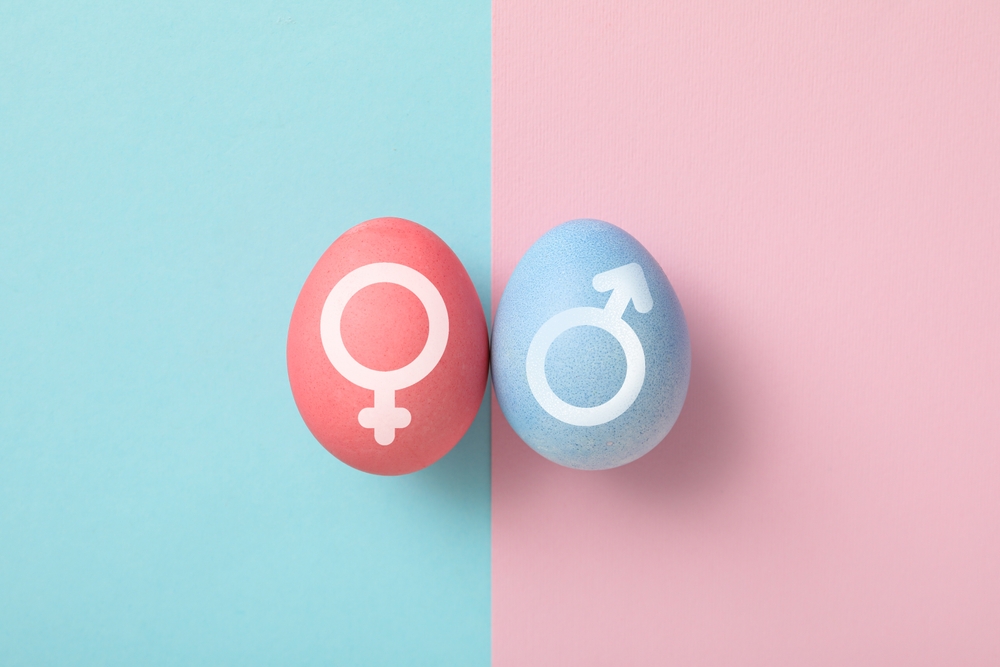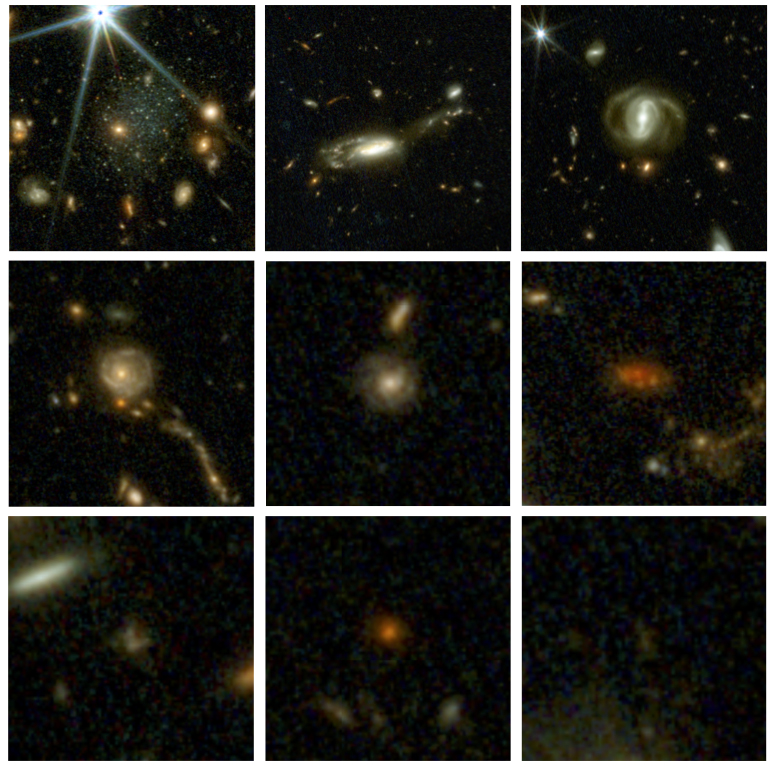Now Reading: Iron Deficiency Linked to Pre-Birth Sex Changes in Mammals
-
01
Iron Deficiency Linked to Pre-Birth Sex Changes in Mammals
Iron Deficiency Linked to Pre-Birth Sex Changes in Mammals

Speedy Summary
- Developmental Process: All embryos have the potential to form either testes or ovaries until week seven of advancement, when genetic programming determines sex.
- New Revelation: Research from osaka University found iron deficiency in pregnant mice can override genetic sex determination, leading to male (XY) embryos developing female traits.
- Mechanism Involved: The gene SRY triggers testis formation, but it’s activation relies on an enzyme called Kdm3a, which requires iron.
- Experiment Results:
– Removing iron from lab-grown gonads silenced SRY adn activated ovarian markers in XY embryos.
– Disabling fetal cells’ ability to absorb iron caused partial or complete sex reversal in 18% of studied XY mouse embryos (6 formed ovaries; 1 had mixed traits).
– Low maternal dietary iron impacted fetal development only when a gene mutation was present; for affected cases, male anatomy failed to develop in genetically male fetuses.
- Context & Human Relevance: Though these effects were observed only in mice, it raises questions about how womb environments impact fetus development. Iron deficiency during pregnancy is common worldwide and is linked with health risks for mothers and newborns.
Indian opinion Analysis
This study underscores the intricate sensitivity of fetal development to environmental factors such as maternal nutrition. While this research currently pertains only to mice, it suggests critical areas for further human-focused investigation regarding prenatal care and diet management. India witnesses widespread anemia among women-notably during pregnancy-making this a perhaps critically important point of concern.
With approximately half of pregnant women reportedly suffering from anemia due to poor dietary intake or limited access to quality healthcare services, the findings highlight the importance of addressing malnutrition systematically. Iron-deficiency-related complications already affect maternal health and outcomes like miscarriage; if linked definitively to developmental anomalies similar to those seen in animal models,India’s public health strategies may require refinement at both policy and grassroots levels.
Focusing on better awareness around prenatal nutrition through education campaigns could mitigate broader developmental risks by ensuring adequate iron supplementation among expectant mothers across all socio-economic sections.This research opens doors for science-backed re-evaluation-and strengthening-of essential guidelines related not only to nutrient intake but also pre-natal support policies essential for safeguarding future generations.
























